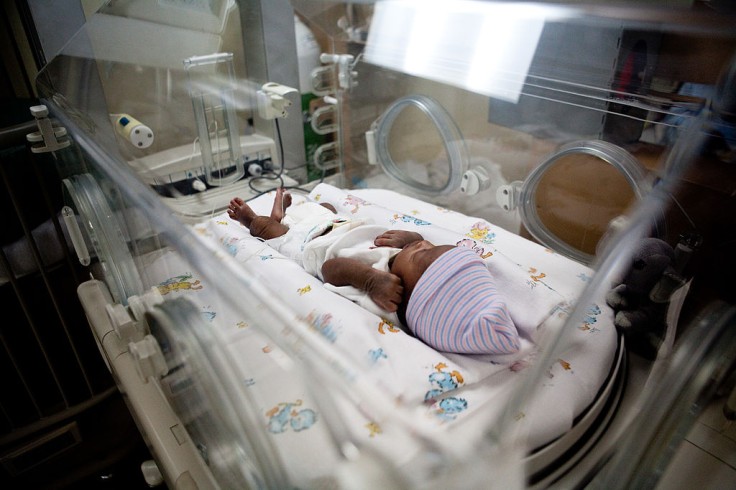
Baltimore is close to launching a major effort to address childhood poverty by providing new parents with a one-time cash grant of $1,000.
Local educators are leading a proposal that will be on the November ballot, aiming to gain voter approval. A committed team of Baltimore educators has supported the initiative to implement the $1,000 infant incentive. They managed to collect the necessary 10,000 signatures to put the proposal on the ballot for November.
Nate Golden, a high school math teacher and founder of the Maryland Child Alliance, highlighted the potential impact of this initiative.
"Research indicates that investing in children from birth can yield significant long-term benefits. This could literally have a lifelong impact on a kid," Golden emphasized.
He hopes the program will inspire Baltimore's elected officials and beyond to recognize the public's support for policies that aid vulnerable children.
Baltimore To Address Childhood Poverty with $1,000 Baby Bonus Proposal
This initiative gains urgency in Baltimore, where a staggering 31% of school-aged children grapple with poverty.
Nationally, while childhood poverty rates dipped during the pandemic due to federal aid programs, they've climbed back to roughly 12% in 2022, underscoring the ongoing need for such efforts.
Golden, who sees his students' challenges up close, emphasized the significance of addressing these basic needs.
When you observe the challenges they face outside of school, it becomes evident that we must provide support for these students outside of the classroom as well.
He said that we need to address these fundamental needs first in order to help children concentrate on learning.
If the proposal is accepted, each new parent in Baltimore will receive a single payment of at least $1,000.
The program is expected to cost approximately $7 million each year, which is roughly 0.16% of Baltimore's annual operating budget, with approximately 7,000 children born in the city annually.
Crucially, this project will not lead to increased taxes but will necessitate the Baltimore City Council to designate the needed resources.
$1,000 Baby Bonus Proposal's Potential Impact
Advocates argue that a universal approach to distributing the funds ensures no one is left out. Although some affluent parents might receive the payment, Golden believes it is essential to include everyone to avoid excluding the most vulnerable families.
Christina DePasquale, an associate professor of economics at the Johns Hopkins Carey Business School, supports this approach, noting that developing a qualification system could add significant costs and delay implementation.
DePasquale believes the initiative has the potential to raise awareness and inspire action on childhood poverty, in addition to providing immediate financial aid.
She views it as a valuable tool that gets people to consider the issue. In her opinion, even an imperfect solution is preferable to no solution at all.
Nadya Dutchin, executive director of ShareBaby, a Baltimore-based organization that provides free diapers and baby essentials, highlighted the real difference the $1,000 payment could make for new parents living on the margins.
Recognizing the stress caused by a lack of diapers, Dutchin pointed out that both parent and child suffer when there aren't enough to keep the baby dry, safe, and healthy.
The initiative follows Baltimore's two-year pilot program, launched in 2022, which provided $1,000 per month to a select group of young parents. Early evaluations indicate that participants experienced increased housing stability and improved mental health.
Maryland's Gov. Wes Moore, who has championed efforts to support vulnerable residents, has signed legislation this year to fund community organizations in areas with high child poverty rates.
As the state moves towards addressing childhood poverty, Baltimore's proposed baby bonus could serve as a model for future initiatives.
Related Article
: 10-Pound Baby Boy With Rare Beckwith-Wiedemann Syndrome Wears 9-Month Clothes At 7 Weeks